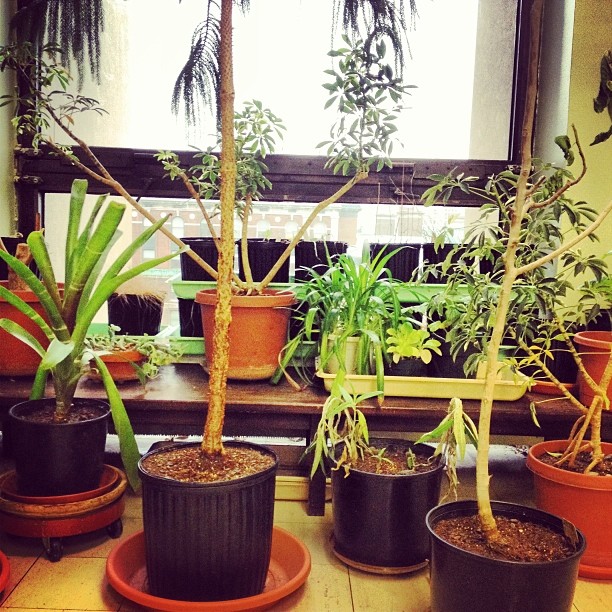
In Conservation: Tactics for a Constant Crisis, Michael Soulé briefly outlines seven factors as fundamental causes of environmental
degradation, responsible for the increasingly rapid decline of species
diversity worldwide. These "seven sources of biotic degradation" include
exponential population growth, wealth disparities between developed and
developing nations, an emphasis on short-term solutions rather than
long-term thinking, anthropocentrism, and the prioritization of economic
gain over environmental protection (the heart of problems of cultural
transition and of economics).
I agree that these seven factors do lead to environmental degradation, but would argue that anthropocentrism underpins Soulé's other six sources of degradation. Human- centered thinking is manifest as an emphasis on the success of the individual over the success of the community or health of the environment in The West. This short-sighted mentality has led to problematic population growth, poverty, and environmentally irresponsible economic development worldwide, as developing nations seek to create the same opportunities enjoyed by the citizens of developed societies- the majority of which subscribe to Western values.

Over 20 years after the publication of Soulé's piece, the field of Conservation Biology is still plagued by the problems he outlined in 1991. If anything, anthropocentrism has become more entrenched in the field since the early 90s, with the growing popularity of ecosystem services as a way to quantify the monetary value of conservation action. But approaching the environment as a personal resource is problematic, because the definition of "beneficial" is subjective. What one generation considers worthwhile, another may not. If we protect the environment from this standpoint, we ironically promote the fundamentally problematic thinking got us into this mess in the first place.
I agree that these seven factors do lead to environmental degradation, but would argue that anthropocentrism underpins Soulé's other six sources of degradation. Human- centered thinking is manifest as an emphasis on the success of the individual over the success of the community or health of the environment in The West. This short-sighted mentality has led to problematic population growth, poverty, and environmentally irresponsible economic development worldwide, as developing nations seek to create the same opportunities enjoyed by the citizens of developed societies- the majority of which subscribe to Western values.

Over 20 years after the publication of Soulé's piece, the field of Conservation Biology is still plagued by the problems he outlined in 1991. If anything, anthropocentrism has become more entrenched in the field since the early 90s, with the growing popularity of ecosystem services as a way to quantify the monetary value of conservation action. But approaching the environment as a personal resource is problematic, because the definition of "beneficial" is subjective. What one generation considers worthwhile, another may not. If we protect the environment from this standpoint, we ironically promote the fundamentally problematic thinking got us into this mess in the first place.

No comments :
Post a Comment